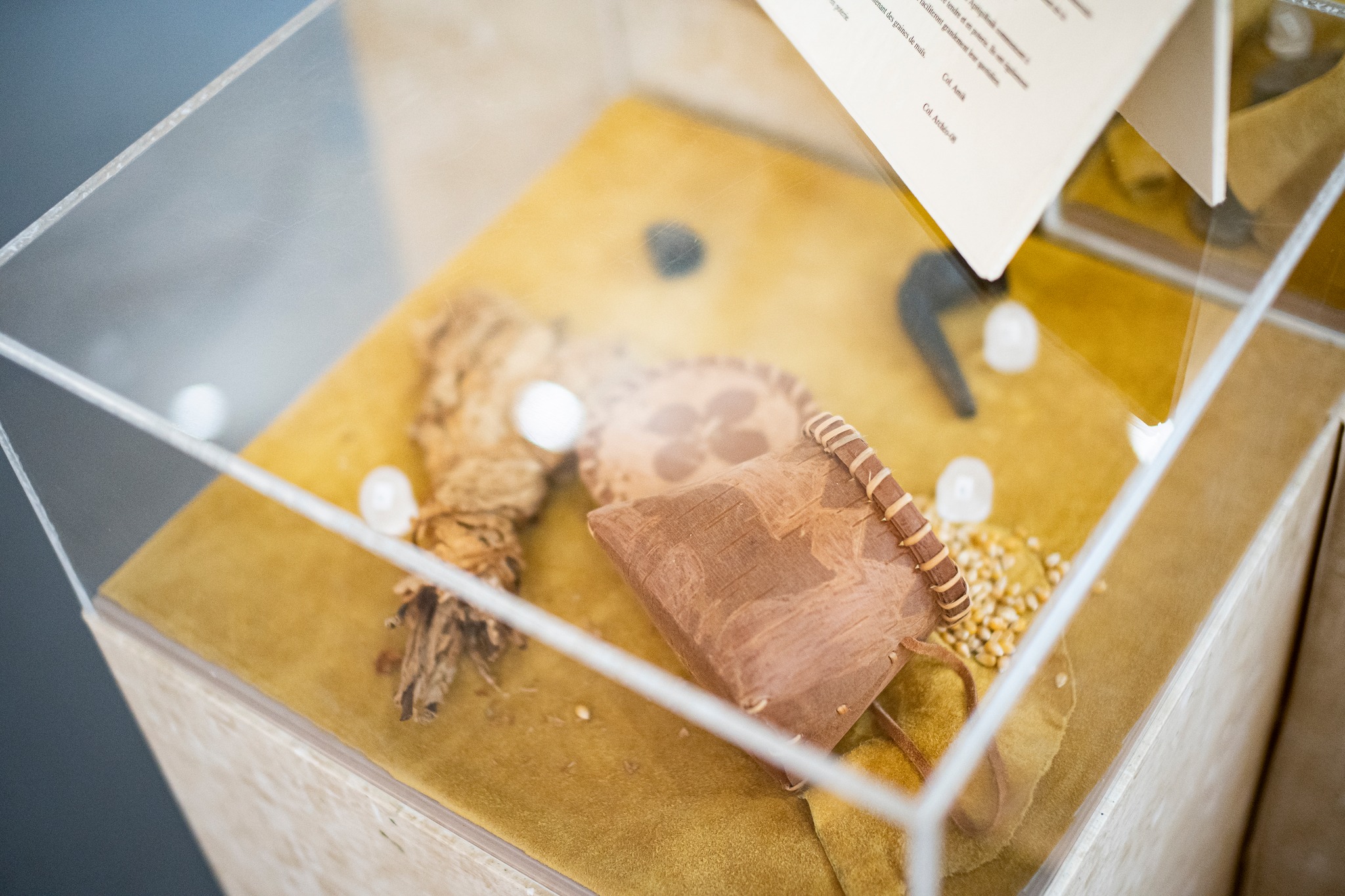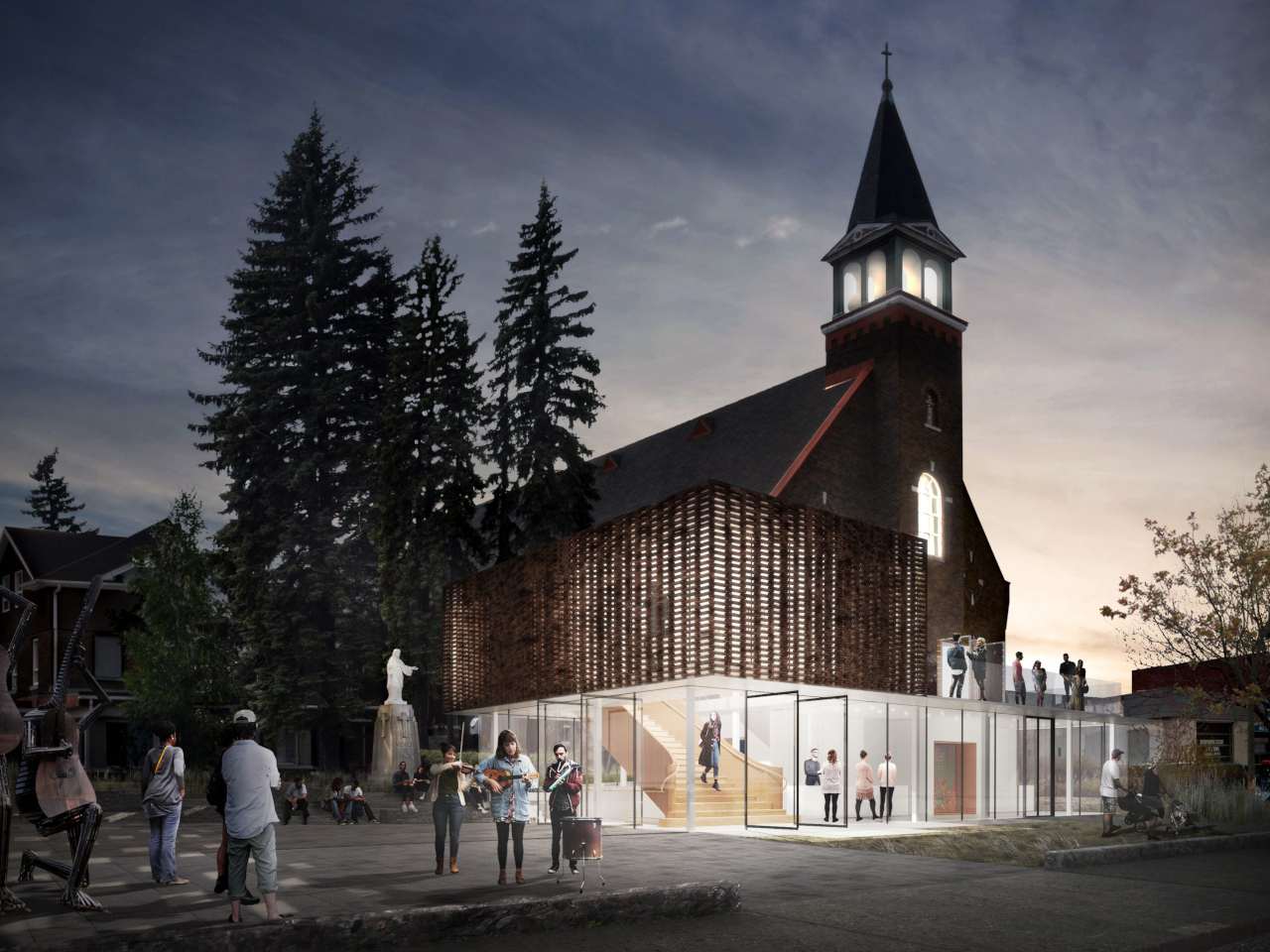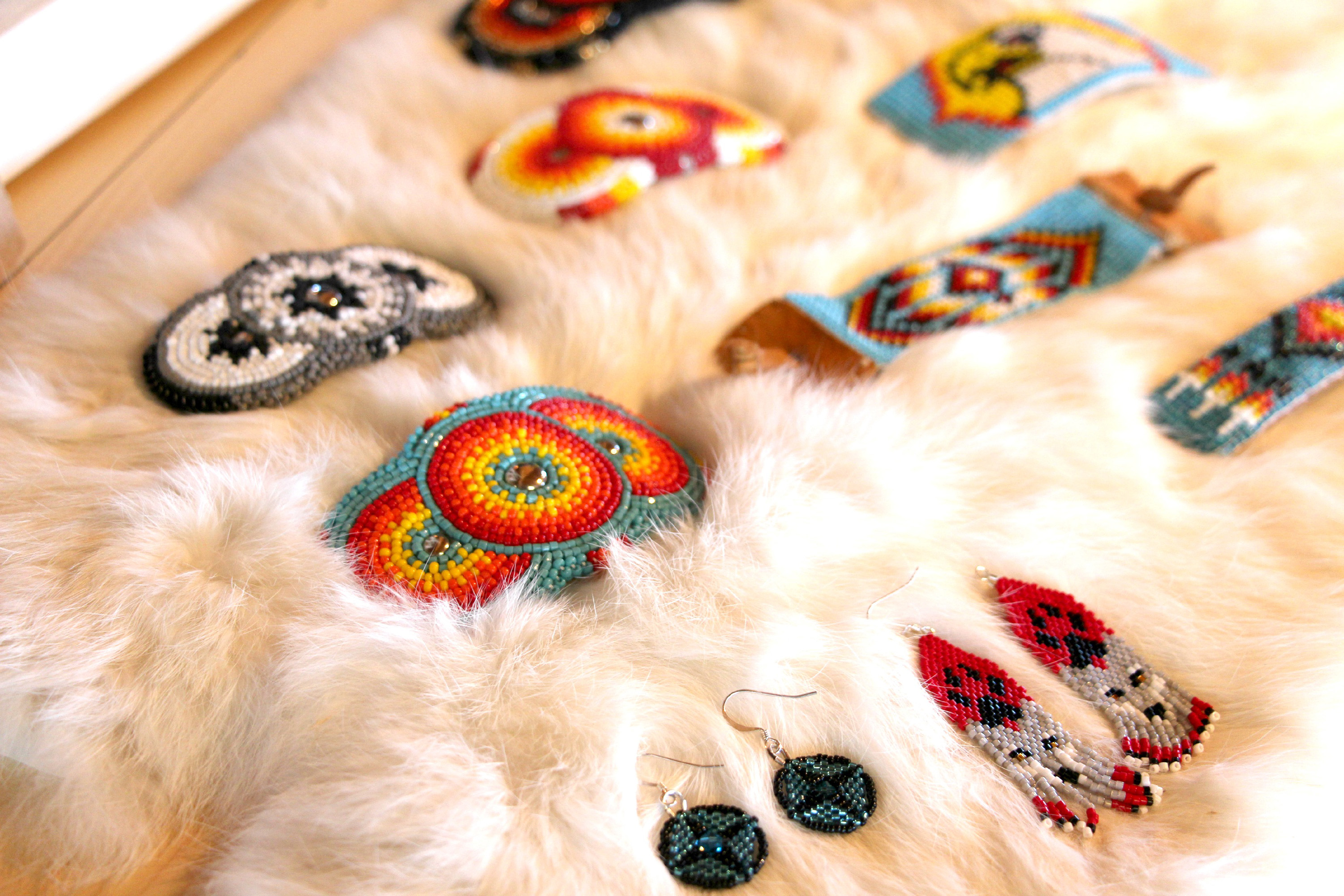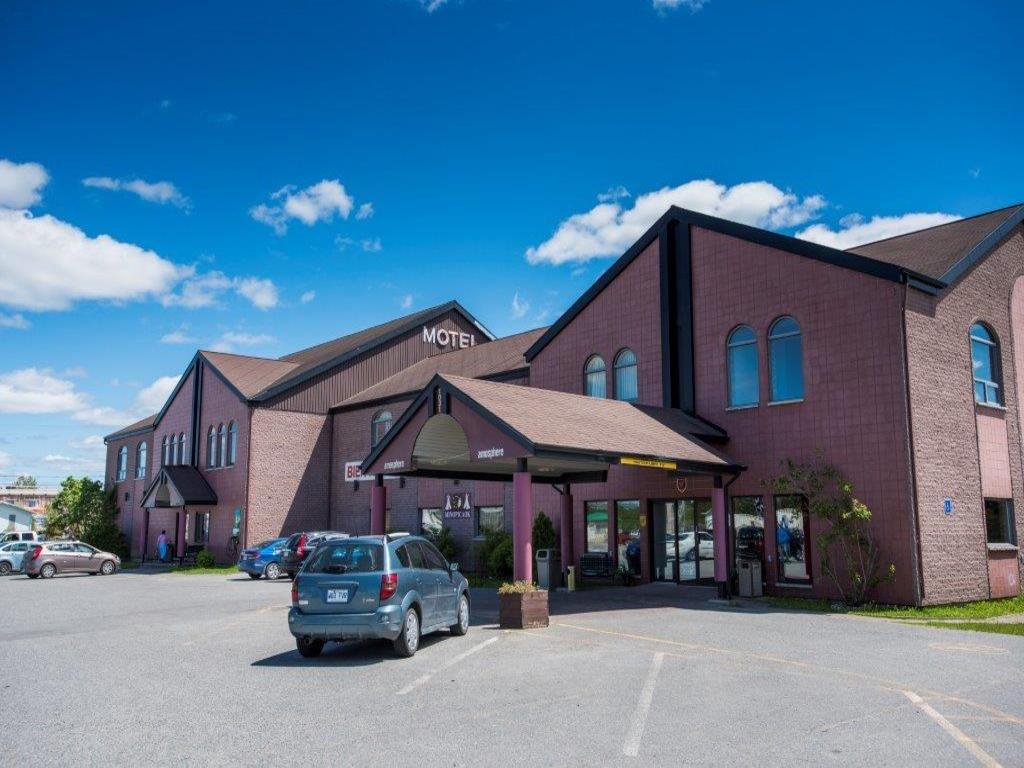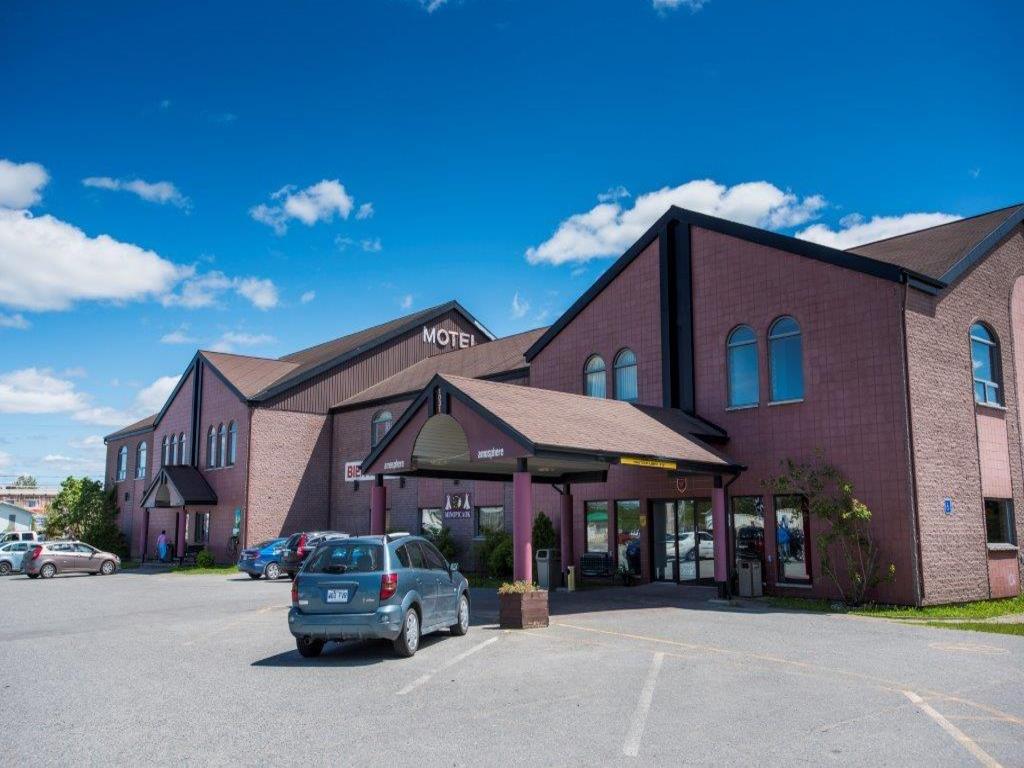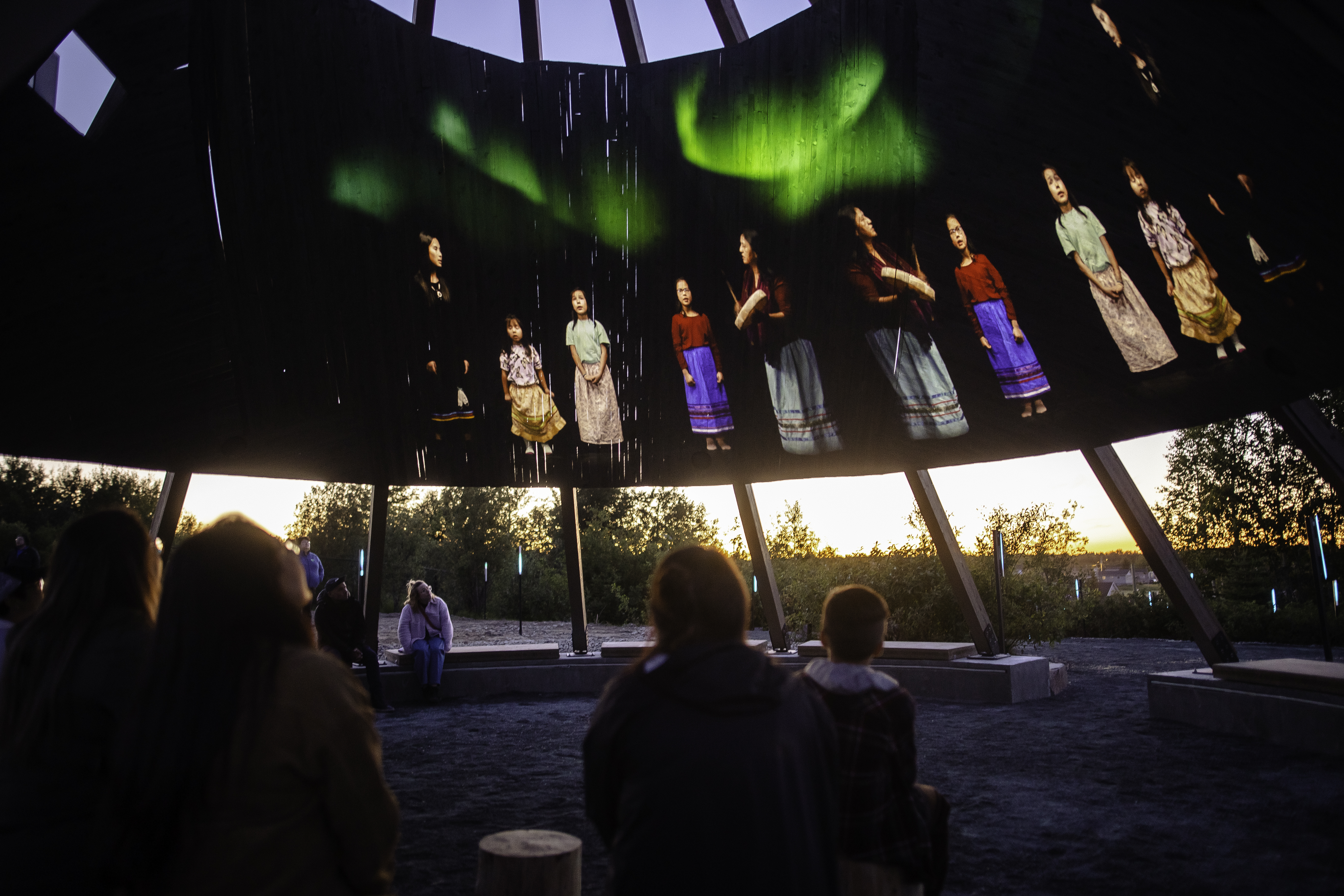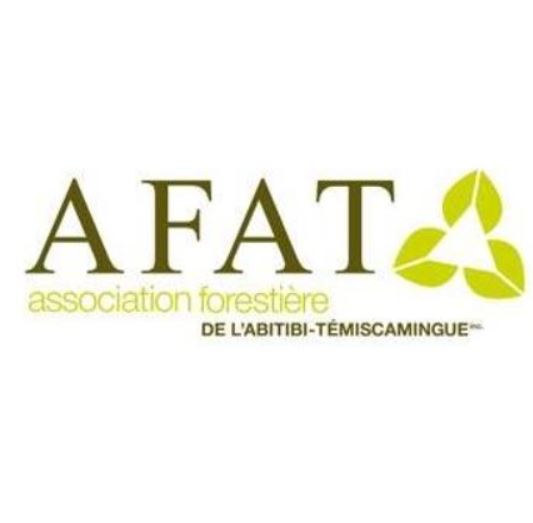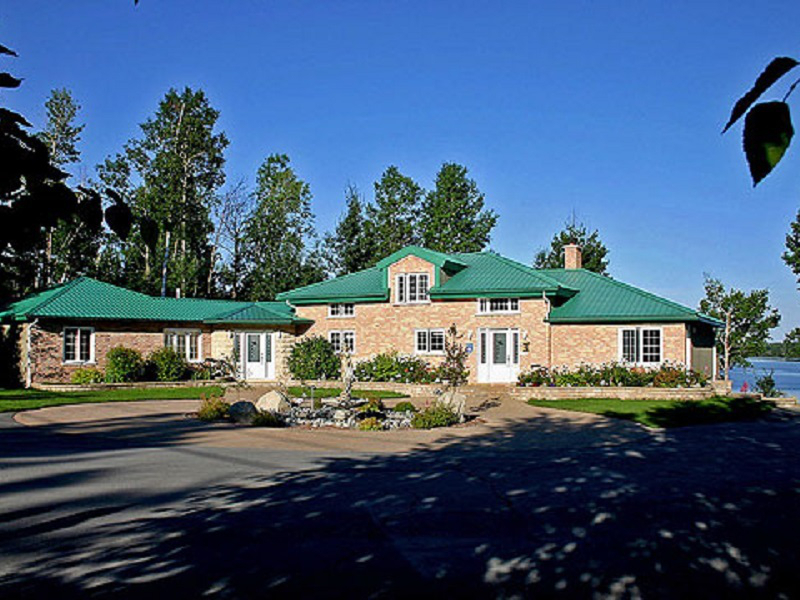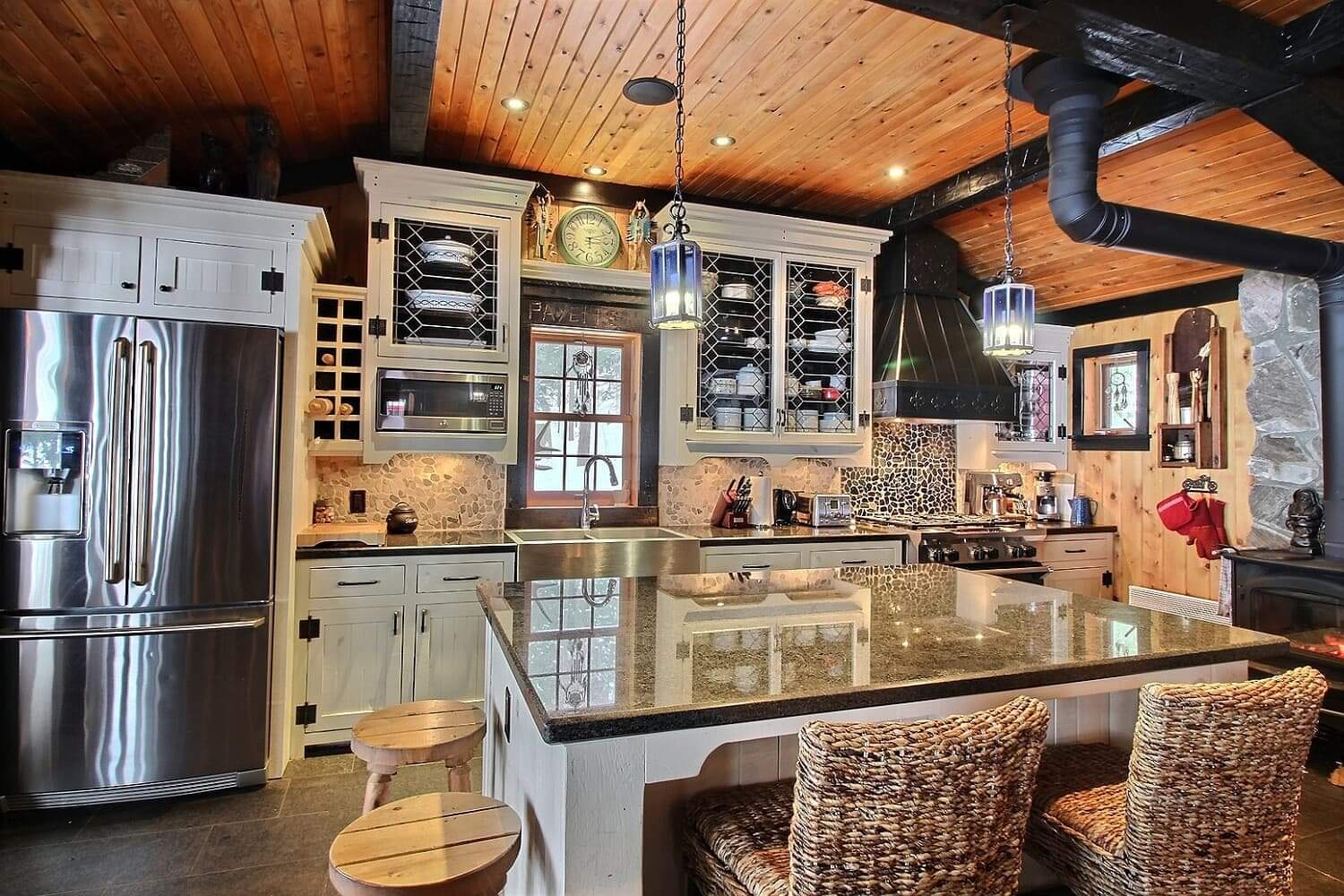It is rainy this afternoon, but the weather is mild. I get home, my father offers me coffee, then we move to the living room. I grew up in AbitibiTémiscamingue, so hunting has been part of my life since forever. Small or big game hunting, orange security vests have been part of my life for as long as I can remember. Since 1981, only twice did my father come back emptyhanded from moose hunting. I figured that if anyone could talk about this passion, it would be him. I am not here to convince vegetarians to eat meat. No way! I would rather explain the culture surrounding this popular activity in my region. So, here is a foray into the world of a hunter with 50 years of experience.
Now that we are sitting comfortably on couches in the living room, I initiate the conversation. How long have you been hunting? I started hunting at a very young age. As long as I can remember, I was living on a farm in SainteAnnedeRoquemaure, in AbitibiOuest. I was hearing wolves howling when I was going to bed. My older brother used to say he wanted to go wolf hunting to catch one. I wanted to go with him, but he kept telling me that I was too little and that I would not be able to keep up with him. I must have been four or five years old at that time. It was not until I was twelve or thirteen that I started to go moose hunting. At the time, I had no firearms licence, and no rifle. However, this is when I learned how to drive a car because my brother would make me drive as he would go for a walk to look everywhere. For my part, I would meet him with the car at the end of the road. .
So, have you started hunting with your older brother? As my brother was 18 years older than me, he was like a father to me. He always invited me to hunt with him, and I never refused. I loved being in nature and I was always hoping to see a moose in the woods. I think that this passion has always been inside of me, but that I also nurtured it. As soon as I got a car, around the age of 18, I went hunting without my brother to develop a “real” hunt. My brother often lacked patience, he could not sit still very long and he did not really have a technique. I learned by doing, with other hunters. I learned moose calling, and I learned about the movement patterns of the animal through the seasons.
Editor’s Note: Moose calling means imitating its sound.
Tell me, what does a typical day of hunting looks like? I get up at 5:30 a.m., before the sunrise. I have a cup of coffee, I eat breakfast and I prepare my lunch. Then, I walk to my “spot”. I stay alert along the way. During my walk, I break branches, I pull leaves. That way, I mimic the sound of a moose that is eating. I have to make sure there are no metallic sounds, for instance. The moose knows when a predator enters its territory. Therefore, if it hears abnormal sounds, it will run away. After that, when I get to my hunting blind, I pay attention to what goes on in the forest. You have to sit there for long hours, just observing and listening to nature. In the morning, I spot the beaver when he returns to its lodge after its shift, because it works at night. Then, in the evening, I see it go back to work. I see a lot of small animals. Last year, I even saw a marten that had climbed up on my tower blind. Another time, a lynx just sat at the bottom of it.
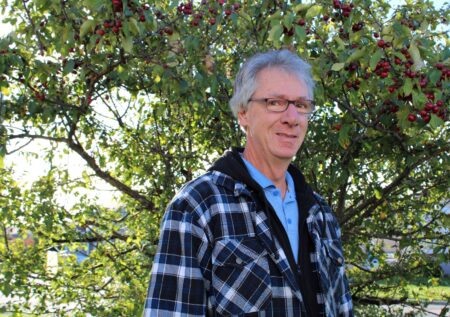 Jean-Claude, prêt pour la chasse. Photo : Claudine Gagné
Jean-Claude, prêt pour la chasse. Photo : Claudine Gagné
What do we need to know to hunt successfully? There are a lot of things to know. Let’s say that there are many moose calling techniques. The moose does not always sound the same. Its vocalizations are not the same whether it is mating season or the resting period, or when it is moving. You learn that when you pay attention while hunting. You need to listen to what they are saying to each other. Every time I go hunting, I learn something. I have learned from older experienced hunters, as well as from videos and reading on the subject.
You said that moose say things. What kind of information do they communicate to each other? Sometimes, you can hear moose respond to each other. Quite often, this will be a cow moose that had a calf moose the year before. The calf will tend to follow his mother around, but from a distance, while staying on the same territory. There are times when you can see two calves together, because they have been raised together for a year and a half, or maybe two years. They will separate during the breeding season. At that moment, they sometimes communicate, giving each other some news from a distance. During the winter, the animals will gather in groups of five or six. We call those “herds”. They will stay together within a small radius, like a herd, to make their lives easier. For instance, they will form trails in the snow and follow the same trail.
Is hunting regulated? Respect for the animal is of paramount importance when hunting. There are hunting licences, firearms licences and firearms safety courses, as well as regulations on what animals you can hunt. For instance, you can either have the right or not to hunt cow moose or calves. This changes from year to year. You need to protect and respect the territory where you hunt. You need to ensure there will be enough animals from year to year. If all hunters took all they wanted, it could be years before they could find new animals. It is important to take what you need, not more. Once you got your moose, you need to register it, so that the ministry can build an inventory of the animals on the territories. If a considerable decline is noticed, the ministry could apply stricter regulations to hunting, or impose a moratorium and close the area to hunting until the problem is addressed. The meat is prepared by a butcher, then you freeze the meat to be able to eat it all year round. .
What does it take to be a good hunter? First, you need to have respect for nature. Second, it is very important to be careful when handling firearms. This will make a difference when it comes to hitting the moose’s vital zone, meaning that the moose will die quickly without too much suffering. The handling of firearms should not be taken lightly. There are courses for that. You also need to know the right techniques, and you have to practise to understand firearms. Then, you need to know how to navigate in the forest. This means knowing how to use a GPS, but also a compass! You can easily get lost, but a compass will not break down! Also, good hunters know how to prepare an area for hunting. You need to identify the animal tracks, prepare the mineral licks. Mineral licks are important for animals: the cow moose produces better milk, and the buck has more minerals and more impressive antlers. You also have to be patient. You need to sit still at the same spot for long periods. You need to pay attention, but sometimes, want it or not, you nod off! (laughs)
Editor’s Note: A mineral lick is a salt and minerals mix that is eaten by moose or deer.
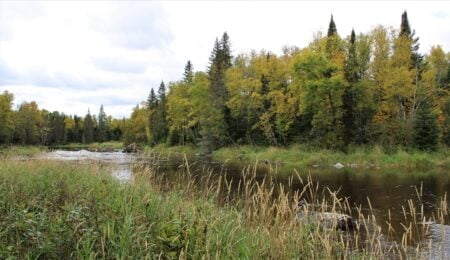
Photo : Claudine Gagné
Can you tell me the hunting story that has stood out the most to you? I was with my oldest son, Donald. It was morning. From our hunting blinds, we could see each other, but at a certain distance. I was moose calling and we could hear the animal moving through the forest, but it was far from us. For one hour, I called it, we listened to it as it moved, then I called it back. The moose has a very delicate hearing and its ears move like radars, depending on where the sounds come from. At any time, I could make a mistake. I felt the adrenaline rising through my body with every minute that passed. Finally, the animal appeared a hundred feet away from Donald.
As my father explains, hunting is an activity that requires months of preparation and that is especially experienced alone, in nature. Moreover, you need to have hunting knowledge to achieve its objectives. It is a change from bias you could have, right? With regard to tourism in AbitibiTémiscamingue, you are encouraged to stay at an outfitter for hunting and fishing trips. That is a good thing, as there are plenty of them on our territory! For more information, visit our “Outfitters” section.
Beyond hunting, my father is first and foremost a nature lover. Like the majority of Témiscamingue residents, he spends a lot of time there, no matter the season. In the early 2000s, due to circumstances beyond our control, my family and I had to leave the region. At that time, my father, a native of Témiscamingue, could not go into the wilderness as he was used to. His health suffered tremendously from it and, indirectly, his relatives too. During this ordeal, every free moment, every weekend or every day off that he spent outside AbitibiTémiscamingue was, according to him, a missed opportunity to be in nature. Fortunately, he came back to AbitibiTémiscamingue when he retired. Since then, he has taken advantage of every opportunity to go for a “forest bathing” walk, away from humans.


